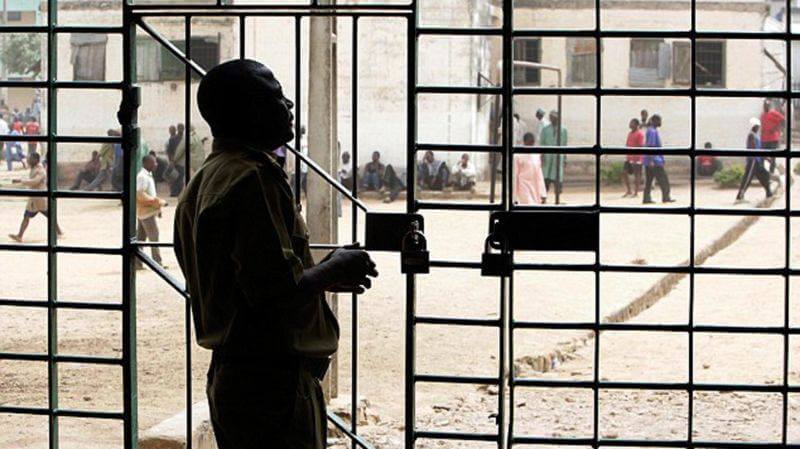The Prisoners Rehabilitation and Welfare Action (PRAWA) has kicked against the imprisonment of offenders with minor crimes as a way to decongest the prisons and safe tax payers’ money used to feed them.
The group noted that most minor crimes could be mediated and settled out of court rather than incarcerating the accused who will be fed with tax payers’ money, and further congest the prisons.
Advertisement
Programmes Officer. Katumi Iboirien, disclosed this on Monday while speaking with pressmen during PRAWA’s second coordination meeting.
She however recommended that cases of minor offenders be mediated out of court and resolved.
Iboirien, who lamented that poverty in Nigeria has been criminalised, noted that children of the poor were often the victims, as they constitute majority of those awaiting trial.
According to her, minor offences such as traffic violations, loitering, hawking and others which attract less than N10,000 fine, should not lead to jail.
She noted however that offenders who are unable to pay such fine were often thrown into Correctional Centres to further congest the facility.
Advertisement
She therefore advocated for the decriminalisation of such petty offences, saying with a high number of non- convicted offenders awaiting trial, it had become imperative to address some of the apparent challenges within the Nigerian Criminal Justice system.
Iboirien further disclosed that “PRAWA is currently implementing a two-year project, funded by the Open Society Initiative for West Africa, on the Decriminalisation and Declassification of Petty Offences Project.
The first phase includes the baseline assessment study to investigate the awareness and state of petty offences of the focal states, to determine the kinds of support and interventions to be provided to beneficiaries.
“One of the key advocacy points under the Decriminalisation and Declassification of petty offences Project in Nigeria is for the use of non-custodial sanctions in place of imprisonment, as much as possible
Thus, persons who commit petty offences will be able to undergo corrections for their actions without enduring the trauma associated with custody, which is then reserved for more severe offenders.”
Advertisement
Nigerian Correctional Services statistics show the country’s prisons held 72,277 people as of 16 April 2018. Of these, only 23,048 were convicted prisoners and more than 49,000 inmates were awaiting trial.



